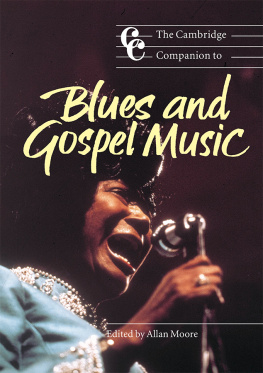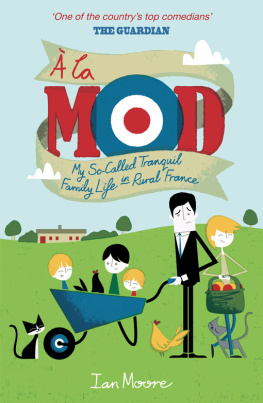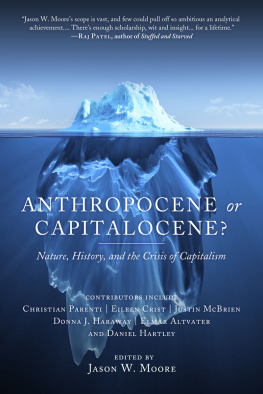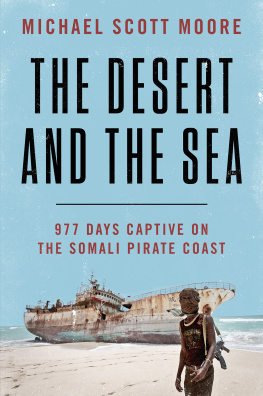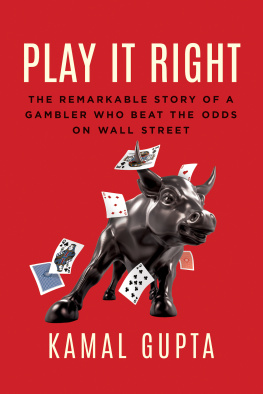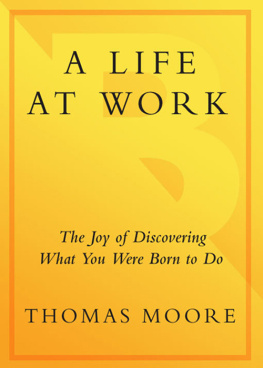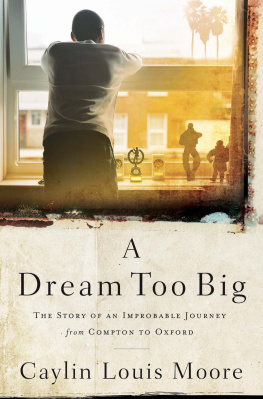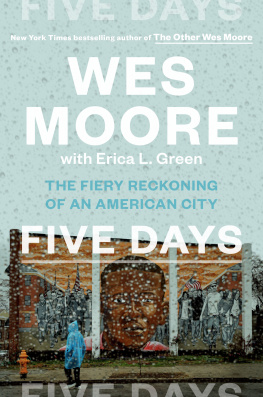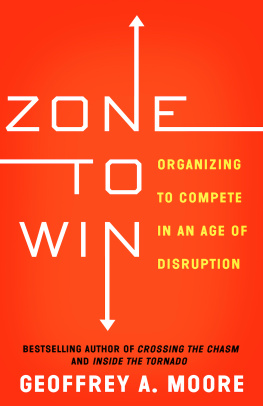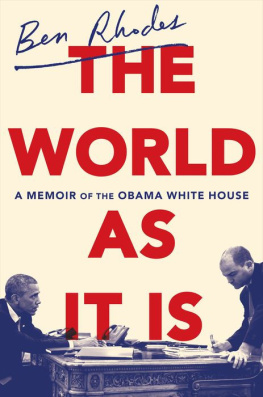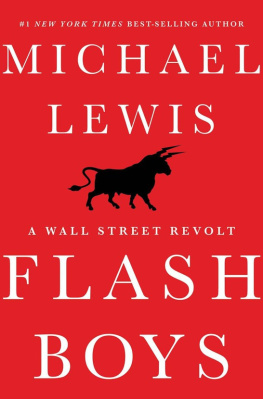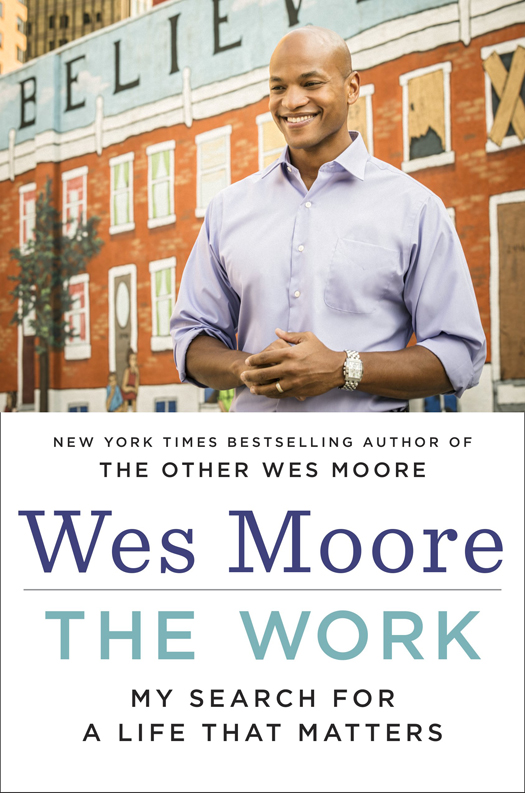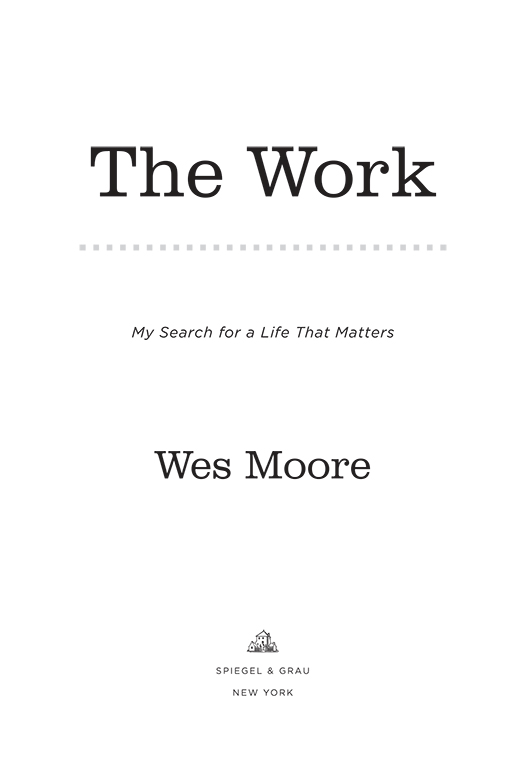The Work is a work of nonfiction based on the life, experiences, and recollections of the author and those interviewed for the book. In some limited cases, names of people or places, dates, sequences, or the detail of events have been changed
Copyright 2014 by Wes Moore
All rights reserved.
Published in the United States by Spiegel & Grau, an imprint of The Random House Publishing Group, a division of Random House LLC, a Penguin Random House Company, New York.
S PIEGEL & G RAU and the H OUSE colophon are registered trademarks of Random House LLC.
Library of Congress Cataloging-in-Publication Data
Moore, Wes.
The work : my search for a life that matters / Wes Moore.
pages cm
ISBN 978-0-8129-9357-8 (hardback)ISBN 978-0-679-64601-3
1. Moore, Wes, 1978 2. Moore, Wes, 1978Career in the military. 3. Moore, Wes, 1978Career in finance. 4. Moore, Wes, 1978Career in television broadcasting. 5. African American menBiography. 6. Baltimore (Md.)Biography. I. Title.
F189.B153M67 2014
975.26043092dc 3
[B]
2013038679
www.spiegelandgrau.com
Jacket design: Greg Mollica
Jacket photographs: Rainer Hosch
(mural created by students of Access Art, Baltimore, Md.)
v3.1
Everybody can be great. Because everybody can serve.
D R . M ARTIN L UTHER K ING , J R .
Contents

Introduction

Work to Do
As a soldier, you never forget the first time you get shot at. A sudden, stunning commotion engulfs youthe sound of shells buzzing past your ears, a flurry of divots leaping out of the earth around your feetbut then everything slows down as your training kicks in:
Find cover.
Scan for the position of your men.
Return fire.
Those moves dont come quite as instinctually as they did during training, but only because it takes a few surreal moments to sink in that this is real. That today you might die.
Moments before those first shots came at me, I was convinced that I was prepared for the experience. The idea of being shot was not novel to me; in fact, Id been anticipating it for years. I had felt the possibility of death, tickling my neck like the blade of a guillotine, as long as I could remember. As a kid in Baltimore and the Bronx during the homicidal height of the so-called crack era, I would lie in bed on some nights and listen to the pop of low-caliber guns somewhere beyond my window. Id think about who was squeezing the trigger, who was trying to get away from the speeding bullet; I feared that one day Id be the one running from the gunor holding it.
More recently, I had been thinking about shots and shooters as I trained for war. My paratroopers worked over and over again on perfecting reaction to contact missions. These were missions whose point was to maneuver in sight of the enemy until they decided to engagea nice euphemism for shoot at us with assault weaponswhich would reveal their positions and other intel. These were high-stakes missions, which is why we ran the drill so often. Even in training our weapons were loaded. In airborne training, we leaped out of planes in full battle rattle, complete with a rucksack packed with gear and an M-4 rifle, as if engagement with the enemy could begin as soon as the balls of our feet hit the groundor sooner.
Theres an idea out there that a successful soldier is fearless. Thats not quite right. Soldiers cultivate a certain amount of fatalism in our training; we try as best we can to assimilate the idea of our own mortality into our daily lives. Were all going to die one dayeveryone knows that. As soldiers, we practice owning that truth, living with it, and, when the bullets fly, confronting it with calm professionalism. We knew there was a very good chance wed be shot at when we got to Afghanistan. Even so, when I heard those first bullets, for a moment I felt my body flood with fear and tried not to let the fear control me.
When the situation was under our controlafter wed responded with overwhelming force, as wed been trained tothe disciplined calm Id forced onto myself vanished and a wild adrenaline rushed into me, the kind that streamlines and clarifies your perception and turns everything crystalline, if only for a moment. I walked away from that firefight alive and desperately thankful. But when you find yourself clutching on to your life like its the only thing that mattersbecause you suddenly realize it isyou start to ask other questions, too. For instance: why does my life matter? While deployed, I had to let those deeper, existential questions pass right through me, because my only duty in uniform was to my mission and to my fellow soldiers. But in that moment of proximity to my own mortality, it was clear to me that Id eventually have a bigger question to confront.
There were other times in my lifebefore and after that momentwhen this same question arose, if not always with the same explosive force. Its a question that for some of us arises every day, often in a nagging, unfocused way that might leave us depressed or paralyzed because we dont know how to answer it; sometimes we dont even know where to begin. Its a question that might hit you in a foxhole, on the day after graduation, or on your daily commute to work. It hit me in every one of those moments and wouldnt let me goand eventually I started to piece together the lessons of my own life and the lives of the people who inspired me the most, and I started to answer it.
Ive been unusually fixated on questions of fate and meaning from the time I was young. I began to formally explore questions of success and failure when I wrote my first book. It was called The Other Wes Moore and it told the story of my childhood and that of another young man who shared my name. We lived in the same city, sometimes only blocks apart, and we were close in age. Our lives shared deeper similarities as well: lack of resources, fatherlessness, general delinquency, and unrealized potential. The Other Wes Moore was, at its core, a narrative exploration of what makes the difference between success and failure for young people in our society. At the end of the book, the two boys stood at the precipice of adulthood: I was leaving for Oxford University in England on a Rhodes Scholarship, where I would begin the next phase of my life; the other Wes was confined to a six-by-eight-foot box in a maximum-security prison, the cell he will almost certainly die in. The question I tried to figure out in that book was why.
This new book picks up my story where The Other Wes Moore left offfrom the day I landed in England to the day, ten years later, when I returned home to Baltimore, and all that happened between that departure and homecoming: my time in combat in Afghanistan, in the bureaucratic war zone of the White House, in the Gulf after Hurricane Katrina, in China and India, witnessing and participating in Barack Obamas historic campaign, on Wall Street during the agonies of a historic crisis, and now working as a social entrepreneur leading a new grassroots start-up, with all the excitement and risk that entails.


